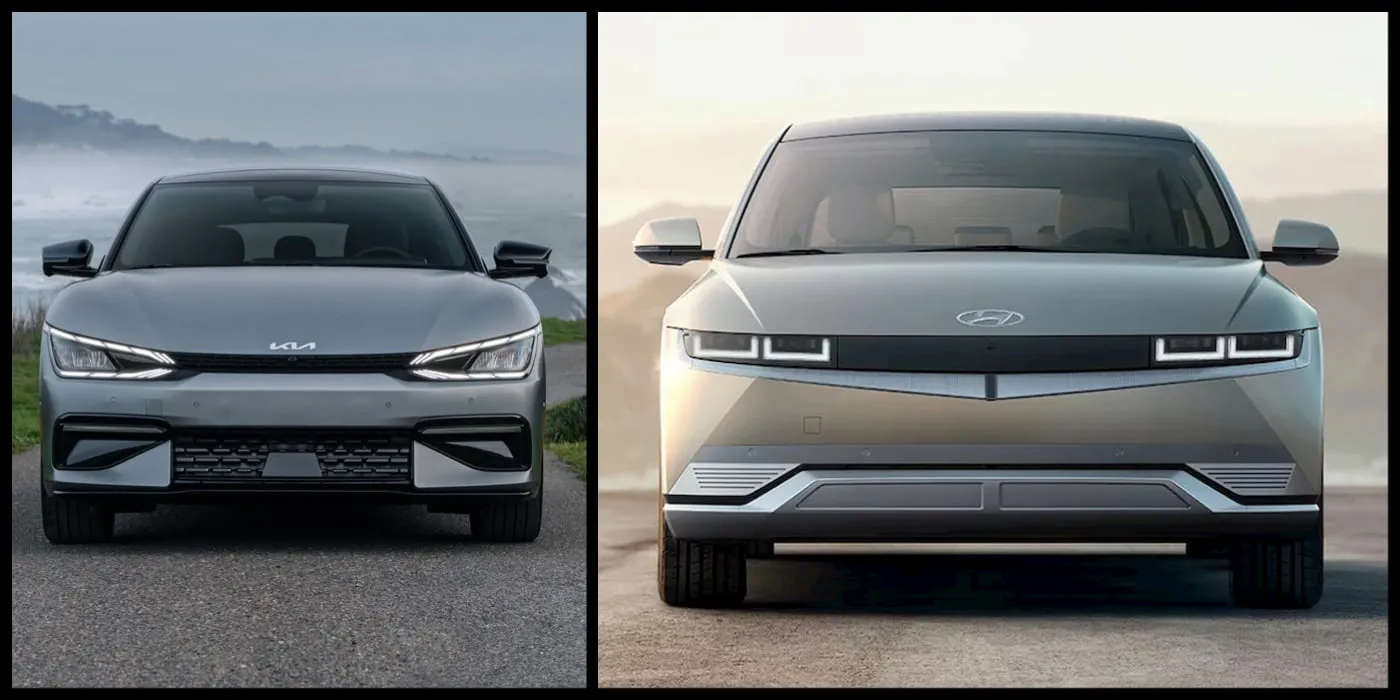Hyundai and Kia have been making significant strides in the electric vehicle (EV) market, demonstrating strong sales performance and ambitious growth plans. For the first time since 2001, Kia has surpassed Hyundai in market value, attributed to the rollout of new affordable EVs, positioning Kia as South Korea’s fifth most-valued stock at $31 billion.
This surge in Kia’s stock value follows the announcement of fourth-quarter earnings and optimistic sales projections for 2024, including a notable share buyback plan and an expected operating profit ratio of 11.9%. Kia’s focus on launching price-competitive electric models, such as the EV3, EV4, and EV5, aims to strengthen its leadership in the eco-friendly car market amid a challenging business environment.
Both Hyundai and Kia have expressed confidence in the EV market’s potential, even as some automakers report cooling demand. Hyundai’s global president, Jose Munoz, highlighted the year-over-year doubling of EV sales as a testament to the robust demand for battery-electric vehicles.
The introduction of Hyundai and Kia’s first dedicated EVs, the IONIQ 5 and EV6, set new US sales records in October, propelling the duo to second place in the US EV market, trailing only Tesla. Despite not qualifying for the $7,500 EV tax credit on purchases, the models are eligible through leasing, further boosting their market appeal. Hyundai’s construction of its first US EV and battery plant in Georgia is nearing completion, with the foundation work 99.9% done. This strategic investment is expected to enable Hyundai EVs to qualify for the tax credit, potentially enhancing their competitiveness.
These developments reflect Hyundai and Kia’s proactive stance in the evolving EV landscape, underscoring their commitment to innovation and sustainability. As the EV market continues to grow, Hyundai and Kia’s efforts to expand their electric vehicle offerings and production capabilities signal a promising future for both brands in the competitive electric mobility sector.
